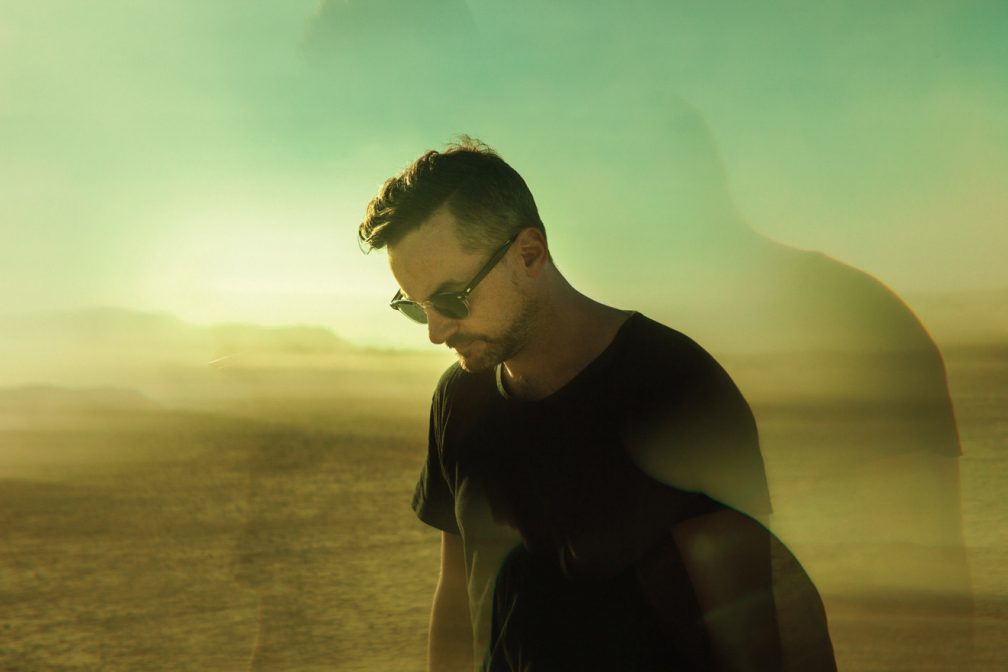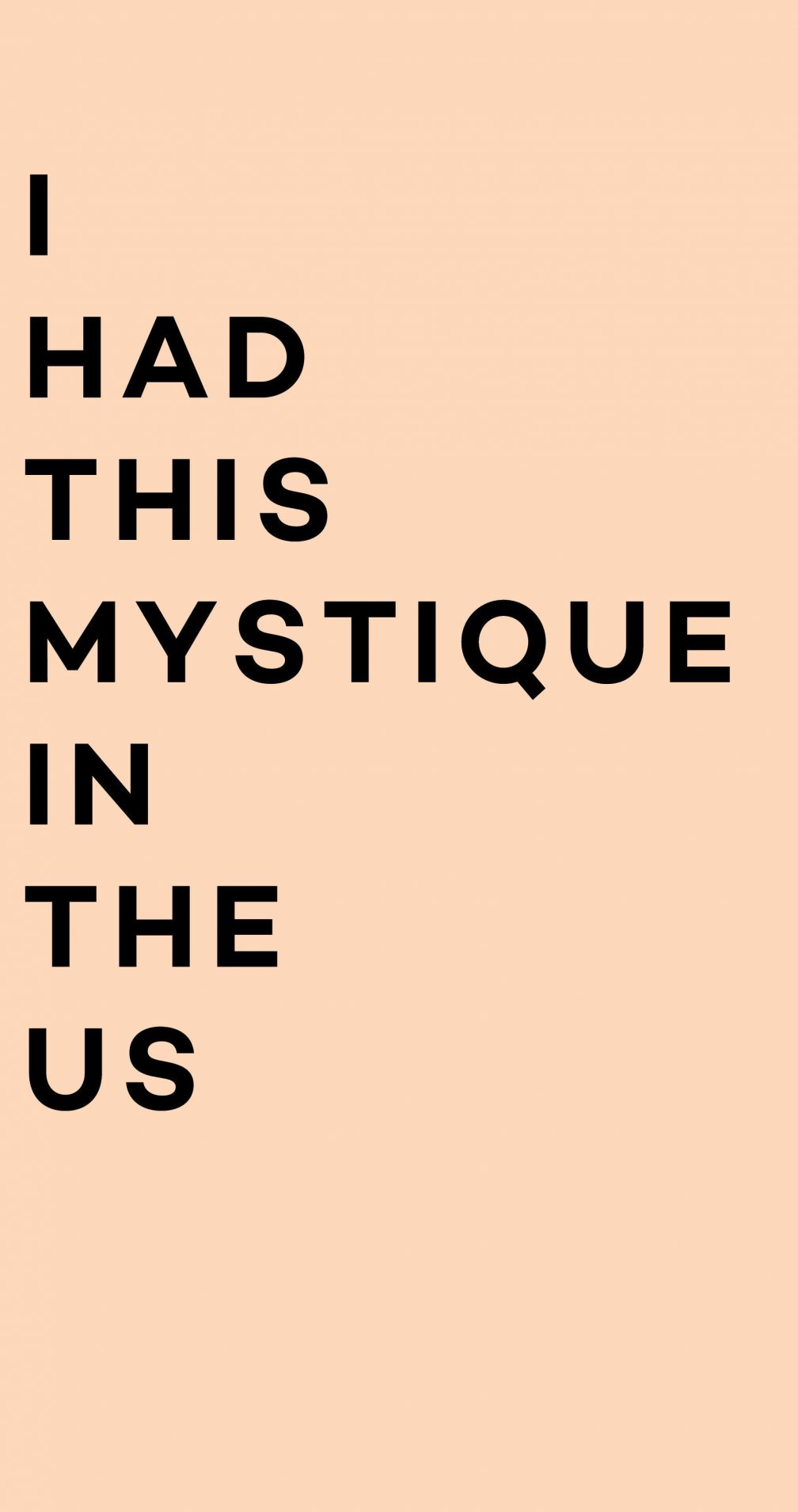 Cover stars
Cover stars
Sole vision: Bonobo has quietly become the biggest act in dance music today
Si Green is independent of any hip or hyped musical movements

Never mind, he thought; he was doing perfectly well at home and in Europe. Another two albums with Ninja Tune followed, his profile growing slowly but steadily. Then, in late 2006, he called a US promoter he’d worked with before and said “Hi, remember me from back in the day? I’m looking for some gigs again”. They booked half a dozen smallish shows – and were shocked to find they sold out almost immediately. It was at this point that Green realised he’d become a cult figure in the burgeoning world of MySpace, file-sharing networks and internet message boards. “I had this mystique in the US,” he laughs. “I was like a unicorn, there were all these rumours that I was reclusive, never toured or whatever, and I was like ‘No, no, I’d have been here years ago if I’d have known!” A couple of months later they booked another tour, doubling the size of venues, and again sold out immediately. From thereon in, his profile would only snowball further.
Part of this steady growth clearly came from Green’s willingness to work: if there was demand, he would tour, first as DJ then increasingly with the live band that he began building from the mid-2000s. And he enjoyed it, too: by 2010, when the ‘Black Sands’ album and his collaborations with Andreya Triana provided further breakthroughs, the Bonobo live show was filling big halls around the USA and the world. “That was the first time we toured in buses,” he says, “with tour managers and all that, and every date was sold out so there was nothing to worry about. I had one guy in particular who liked to keep me [chemically] ‘topped up’... I can’t do all that any more, now. It gets a bit depressing when you see a load of forty-something guys pretending they’re 15 years younger. Anyway, it was all very functional – bus to show to party, every night for about a year or so, always with someone to look after you and mop up after you, no responsibilities, just very easy really.”
The touring mania would step up even further after 2013’s ‘The North Borders’. The six-piece band, along with six road crew, embarked on a live tour that would see them more or less solidly travelling the world for two years. “Touring comes in like a tornado,” says Green, “and just wrecks everything.” He’d been settled in New York at this point, and in a relationship, but all that went out of the window as the touring took over. Rather than let this mess him up, though, he decided to ride it out – becoming completely rootless, giving up completely on even having a home to return to, and in fact continuing the mission by touring non-stop as a DJ for a further year after the band’s triumphant final gig of the cycle at Alexandra Palace. “It got weird towards the end,” he says wryly, “but it was an interesting way to live.”

Are you a political person?
Not actively, but you can’t ignore politics – especially now. I don’t really want to think what might be around the corner, considering the energy and the trajectory of where we’ve all been going lately, which is a not very tolerant place for humanity. I don’t know if I’d use my platform to speak out from, though... you assume that the people you engage with from your platform will have views that align with yours, but actually that’s not the case, and if you do voice something it almost always ends in confrontation. Maybe it’s just to save myself the stress, but I try not to stir it up.
What do you want people to get from this album?
It’s about the connections between singular points – how they’re held together by common threads. People’s own plotted histories as they’re made up by their own tastes and their own geography, how certain people might connect to one common point from completely different angles, and how that then is then interconnected with other things and other stories. Is that political? Well, I guess it is, just not in a very direct way. Just the very idea that migration is a contentious subject – this is the state we live in now, one where migration is viewed with suspicion. It shouldn’t be like that.


